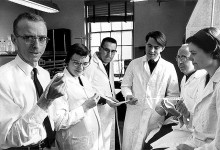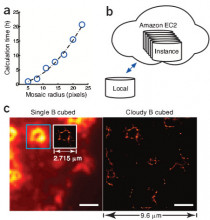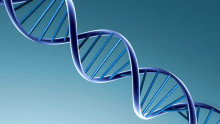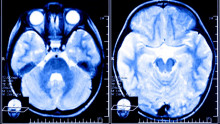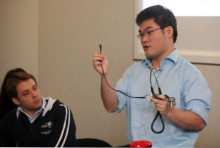Astronomers have discovered what may be five planets orbiting Tau Ceti, the closest single star beyond our solar system whose temperature and luminosity nearly match the sun’s, Science Now reports.
If the planets are in fact there, one of them is about the right distance from the star to sport mild temperatures, oceans of liquid water, and even life, and slight changes in Tau Ceti’s motion through space suggest that the star may be responding to gravitational tugs from five planets that are only about two to seven times as massive as Earth.















































